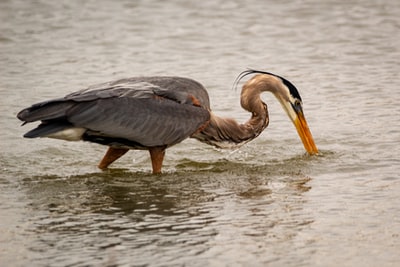
How to Make Your Own Worm Farm at Home
A farm that grows worms for human consumption.
You might need to purchase a worm farm, but it’s not a hard process.
Here’s how to do it.
READ MORE > Read more article The farm is located at the outskirts of town, near a well known and popular food market.
A sign outside advertises a worm market every day.
Maggie’s Farms has a long and well-documented history of worm farms, and Maggie’s Farm is no exception.
The farm started out as a family affair in the 1970s, when Maggie’s daughter, Lizzie, was a baby.
In the 1980s, Maggie’s daughters became active in worm farming, and in 1994, they established the first worm farm in New Zealand.
The farm grew from about 30 to 100 animals a year.
Maggie says it took her around eight years to build the farm, which was built using reclaimed lumber from a factory.
The animals were kept in small cages and had no access to sunlight or water.
When she bought the farm in 1996, she thought it would be a hobby, but the animals were “a bit crazy”.
The farm’s first owners had some serious health issues, and the owners struggled to get the worms to produce.
Maggie says that when the worm problem was fixed, they could afford to pay for treatment.
Molly says she was told the worms were “toxic”, and that it was time to sell the farm.
The worms became an asset to Maggie, and she was able to buy some land and start the farm for around $200,000.
She built the farm into a small farm and sold it in 2007 for $700,000, and has been growing worms ever since.
The worm farm’s biggest success has been its ability to feed a lot of people.
Molly says that the farm has been able to feed about 300 people and that the worms have become a staple in New York.
Molly and her husband have raised rabbits, guinea pigs, chickens, pigs, ducks and mice.
Molly is also an avid farmer, and started a worm farming business.
She says she has been working on growing the farm’s worms for two years and has started a second worm farm.
Maeve says that she grew up on farms and knew how to grow food, but she says she decided to make worms her hobby.
“I don’t like to say that I have no money,” she says.
“But I didn’t have any money in my first farm, and now I don’t have to work for the worms, either.”
Maeves first farm began in 2009 and she has kept the worms in quarantine for several years now.
She plans to start growing the worms again next year, when the market for worms is booming.
“We need worms for humans, but we also have to feed people,” she said.
“We are able to do both things very efficiently, and we have a lot more money to do this.
We can also get more people involved in the worms business.”
The farm has grown steadily over the past few years.
Maggie and Maeves now have about 10 animals, which include several sheep and chickens.
The eggs are used to produce food for the farm and they are also a part of the farm produce.
Meeves said she would like to continue growing the worm farm because it is a way for people to enjoy the worms.
“It is really a hobby and it is very rewarding, and I love doing it,” she explained.
“People enjoy worms and we want to help make it profitable.”
Maggies farm is not the only one to have turned to worm farming.
In 2007, the company that owns and operates a worm processing plant in New South Wales called Ponds of Worms opened its doors to people to grow worms.
The business has grown from five to 50 animals and uses the worms from Ponds as a food source.
Ponds of Wool is a subsidiary of Ponds Worms, which also operates a farm in Australia.
Ponds uses the worm eggs as a part product in their meat, cheese, fish, dairy and other products.
Pond of Wool was founded by former dairy farmer, Richard Rennie.
In 2010, Ponds announced it would sell its worm farm to an international company called Pods.
In 2013, the Australian Government signed a $1.3 billion deal to acquire Pods’ stock and assets.
In 2017, Pods purchased a 60-acre farm in northern New South England called the Farm at Waverley.
The Farm at Waterview is a popular spot for worm-loving New Zealanders to enjoy their favourite foodstuff.
According to Maggie’s website, the Farm is “an organic farm that supplies New Zealand farmers with the raw materials they need to grow their own organic livestock”.
Pods currently owns two farms in New England, one in South Australia and the other in Tasmania.
The two farms are expected to produce up to



![카지노사이트 - NO.1 바카라 사이트 - [ 신규가입쿠폰 ] - 라이더카지노.우리카지노에서 안전 카지노사이트를 추천드립니다. 최고의 서비스와 함께 안전한 환경에서 게임을 즐기세요.메리트 카지노 더킹카지노 샌즈카지노 예스 카지노 코인카지노 퍼스트카지노 007카지노 파라오카지노등 온라인카지노의 부동의1위 우리계열카지노를 추천해드립니다.](/wp-content/uploads/2019/01/ridercasino.png)

